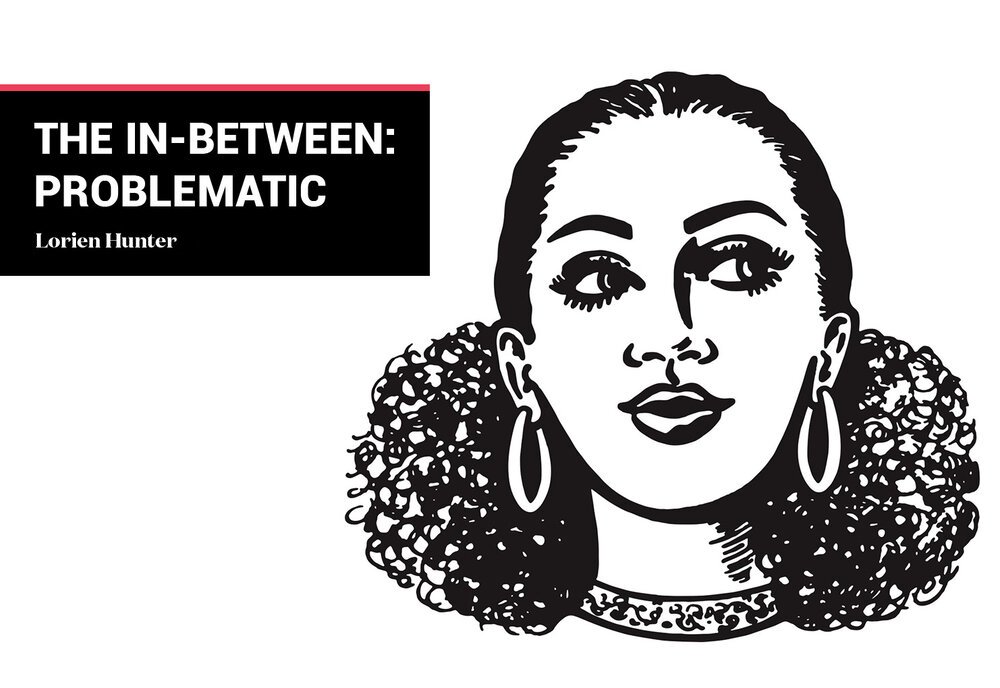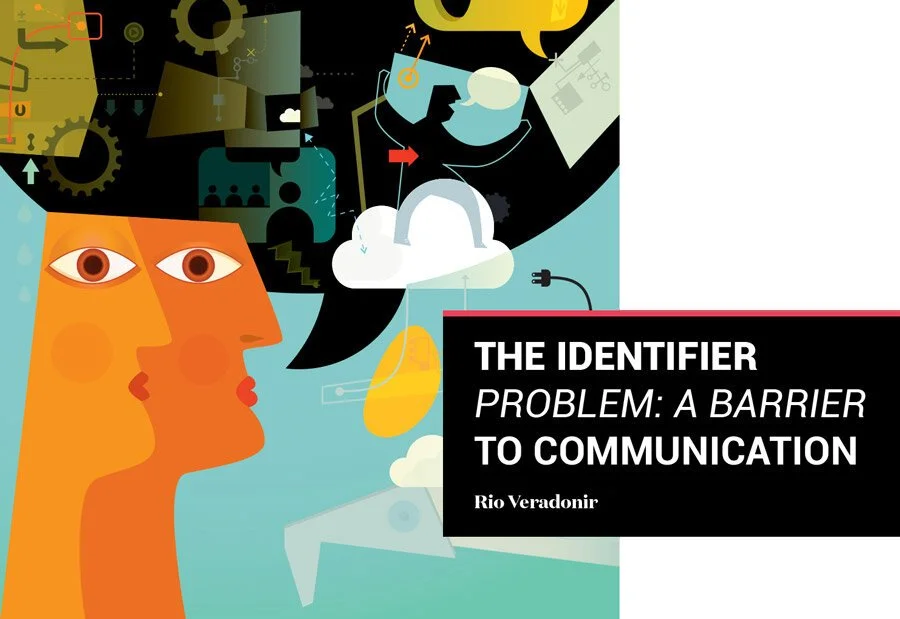Language
from the Editor
Language is important. It is one of the primary tools we humans use to make sense of the world. Because of its central role, heated debates often arise surrounding the use of language, and, more specifically, the ways in which we employ it to represent and define ourselves. The trouble is that too often, these debates have come to overshadow and stall meaningful conversations about anything else. In response, this issue of Queer Majority has a dual purpose: to acknowledge the importance of language and explore how we use it, and to underscore its inherent imperfections and advocate for discussions surrounding sex and romance to move beyond this narrow focus, so that we can all get back to the important work we originally set out to do.
To start this issue off, Mihlali Ntsabo addresses the pitfalls associated with an over emphasis on language in his piece, “The Underbelly of Political Correctness.” In it, Ntsabo argues that the heavy focus on policing language has not led to acceptance or mutual understanding, but rather, has resulted in tension and hostility. Focusing his discussion on queer experiences in South Africa, he effectively details the disconnect between words and actions that has been exacerbated by the over-emphasis on political correctness.
The need to recognize such limitations is also a motivating factor in the the work of Ian Lawrence-Tourinho, who animates this point by examining the efficacy of gender-neutral speech in his essay, “Dreams of a Queer Utopix.” Situating his argument in the contemporary context of the meteoric rise of the term "Latinx," he engages this example to draw out larger questions about the extent to which language really can shape our understanding. Through his careful analysis and thorough historical grounding, Lawrence-Tourinho offers a nuanced and well-informed view, which acknowledges the factors that make such efforts to reform society through language appealing, while still ultimately insisting on the need to recognize what they can and cannot accomplish.
In “The Identifier Problem: A Barrier to Communication” Rio Veradonir also engages the intersection of language and politics. After outlining a linguistic concept he terms “sociopolitical identifiers,” Veradonir details the ways these identifiers often lead to misunderstandings among people across sociopolitical lines. Noting that the circumstances of the digital age have made these kinds of encounters more likely, he urges all communicators to be mindful of these pitfalls when exchanging ideas with one other.
Politics is also the context for Zachary Zane’s argument in “Elitism in the Queer Community,” although in this case his concern is with discussions centered on identity politics in particular. He posits that the tendency to favor complex, academic jargon when engaging with this topic needlessly excludes many people from active participation in discussions. Instead, Zane advocates for the use of clear, accessible language, and critiques what he describes as elitism within the queer community.
Other contributors to this issue also engage with the language theme. Damian Emba, for example, talks about how being immersed in a second language helped him unlearn negative attitudes from his youth in “Maricón,” while I return to the in-between with “Problematic” to address my concerns with the term through a discussion of Cardi B. Zachary Zane debuts his new column in this issue, appropriately titled “Zach and the City,” where he, in this edition, “A Word For Us,” reflects upon the value of labels in his current relationship. Many readers will also be pleased to find a return of the Business of Sex Profiles, featuring eight new professionals. In the end, my hope is that everyone who picks up this issue will find something in it that challenges their current views, and encourages them to put the use of language into perspective as the imperfect tool that it is.
Published Oct 17, 2019









